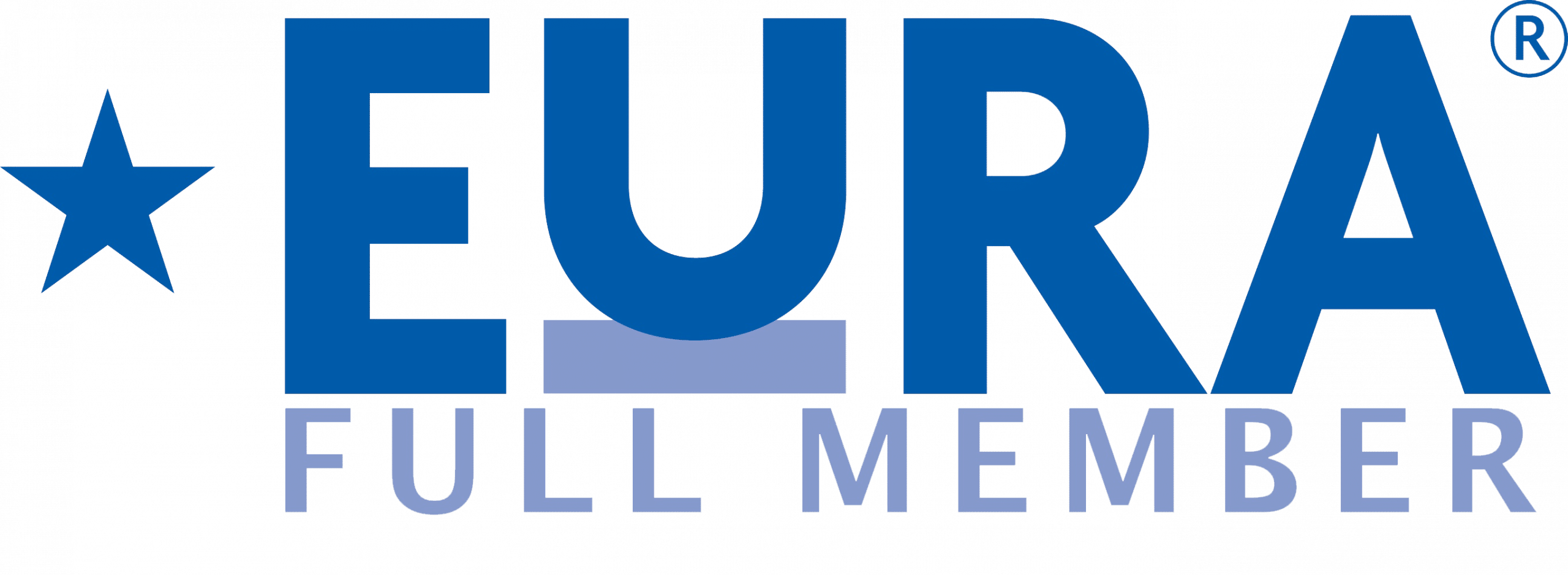
New VAT on Rent in Costa Rica
As of July 1st, Costa Rica’s government is enacting a new policy for a 13% value-added tax (VAT) on rental properties. Passed through Costa Rican law 9635, the current VAT will be extended to include both short and long-term rentals for current and new leases.
What’s Changed?
Under the previous law, VAT was only applied to short-term rentals of a month or less. Long-term rentals of more than a month were not required to pay an additional sales tax but instead paid an annual rental income tax.
With the new law, VAT will also apply to long-term rentals, but only if the monthly rent amount exceeds 1.5 times the average Costa Rican monthly base salary income, which is currently ¢650,000 in CRC, or $1,085 in U.S. dollars. If the monthly rent for the long-term rental is less than or equal to the average base salary, the lease will remain exempt from VAT. The VAT for short-term rentals will remain the same.
What does this mean for me?
The new VAT for rental properties will impact landlords, tenants, and companies who provide housing assistance to employees in Costa Rica. Costa Rica’s tax office will automatically register all income taxpayers for VAT payments. Similar to sales tax, VAT will be charged in addition to the monthly rent.
Landlords
Landlords are expected to add the cost of VAT onto their current monthly rent costs. Each month, the government will take the VAT directly out of their monthly lease income. All landlords should be registered with Hacienda, the tax ministry where they are required to issue an invoice each month.
Tenants
Those living in short-term rentals for less than a month will continue to pay VAT on rent. For long-term renters, monthly rent may be increased to cover the tax. Depending on the cost of the property, this 13% increase could be significant.
Companies with Expats
For companies funding their employees’ housing in Costa Rica rental properties, the VAT on long-term rentals may increase the amount needed for employees’ monthly housing allowances.
Altair Global (‘Altair’) has provided this information as a service and convenience for your information only. It is not intended to replace your own legal or financial guidance and/or assistance and you are encouraged to seek the advice of your own tax and legal advisor. Further, the information contained herein is to our knowledge accurate to the extent of the data available to Altair as of the date identified. Altair does not assume responsibility for the accuracy of the contents hereof and is under no obligation to update the material contained herein.
Share This Story, Choose Your Platform!
As of July 1st, Costa Rica’s government is enacting a new policy for a 13% value-added tax (VAT) on rental properties. Passed through Costa Rican law 9635, the current VAT will be extended to include both short and long-term rentals for current and new leases.
What’s Changed?
Under the previous law, VAT was only applied to short-term rentals of a month or less. Long-term rentals of more than a month were not required to pay an additional sales tax but instead paid an annual rental income tax.
With the new law, VAT will also apply to long-term rentals, but only if the monthly rent amount exceeds 1.5 times the average Costa Rican monthly base salary income, which is currently ¢650,000 in CRC, or $1,085 in U.S. dollars. If the monthly rent for the long-term rental is less than or equal to the average base salary, the lease will remain exempt from VAT. The VAT for short-term rentals will remain the same.
What does this mean for me?
The new VAT for rental properties will impact landlords, tenants, and companies who provide housing assistance to employees in Costa Rica. Costa Rica’s tax office will automatically register all income taxpayers for VAT payments. Similar to sales tax, VAT will be charged in addition to the monthly rent.
Landlords
Landlords are expected to add the cost of VAT onto their current monthly rent costs. Each month, the government will take the VAT directly out of their monthly lease income. All landlords should be registered with Hacienda, the tax ministry where they are required to issue an invoice each month.
Tenants
Those living in short-term rentals for less than a month will continue to pay VAT on rent. For long-term renters, monthly rent may be increased to cover the tax. Depending on the cost of the property, this 13% increase could be significant.
Companies with Expats
For companies funding their employees’ housing in Costa Rica rental properties, the VAT on long-term rentals may increase the amount needed for employees’ monthly housing allowances.
Altair Global (‘Altair’) has provided this information as a service and convenience for your information only. It is not intended to replace your own legal or financial guidance and/or assistance and you are encouraged to seek the advice of your own tax and legal advisor. Further, the information contained herein is to our knowledge accurate to the extent of the data available to Altair as of the date identified. Altair does not assume responsibility for the accuracy of the contents hereof and is under no obligation to update the material contained herein.



![New VAT on Rent in Costa Rica 7 [GUIDE] Local Plus Policy Considerations](https://www.altairglobal.com/wp-content/uploads/2024/12/GCS-Thought-Leadership-Blog-Header-Image-500x383.png)



